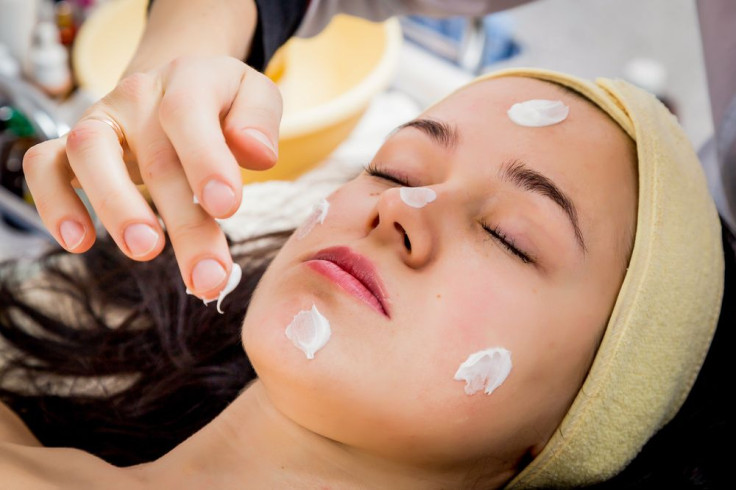Acne Treatment: Over 25 Percent Of Acne Patients Do Not Adhere To Prescribed Medication

Thanks to a variety of acne treatments on today’s market, virtually every case of this common skin condition can be controlled no matter how severe it is. The thing about medication is you have to actually use it to reap its benefits. A recent survey conducted by Wake Forest Baptist Medical Center has revealed that more than 25 percent of acne patients do not adhere to medication that is either prescribed by a doctor or over-the-counter.
"Non-adherence is a pervasive problem in all of medicine, particularly when treating chronic conditions such as acne," Dr. Steven R. Feldman, lead researcher and professor of dermatology at Wake Forest Baptist, said in a statement. "A previous study reported a 10 percent primary non-adherence rate for acne patients, so we were surprised that what we found was more than twice that."
Feldman and his colleagues recruited 143 acne patients who were surveyed regarding their adherence to acne medication, including both prescription drugs and over-the-counter products. Twenty-seven percent of patients failed to pick up either medication prescribed by a doctor or over-the-counter. Patients who were prescribed two medications were 40 percent more likely to neglect acne treatment compared to 31 percent among those prescribed three or more, and nine percent for one prescription.
Patients were less likely to fill prescriptions for topical medicine compared to oral, over-the-counter compared to prescriptions drugs, and paper prescriptions compared to electronic. Although researchers did not ask patients to provide a reason for why they neglected their medication, some patients voluntarily offered up their motives, including cost, forgetfulness, access to similar medication, not agreeing with the prescription, and better skin condition.
"The study showed that patients are more inclined to follow the treatment regimen when only one medication is prescribed," Feldman added. "Multiple agents are typically required to address the multiple factors that cause acne, but simplifying treatment regimens by prescribing products that contain two or more active ingredients could prove effective in reducing non-adherence."
According to the American Academy of Dermatology, acne is considered the most common skin condition in the United States. One of the most common misconceptions is that we have to let acne run its course. Dermatologists recommend treatment for acne to avoid dark spots and permanent scars that can appear on skin as acne clears up, and to boost the patient’s self-esteem. Treatment options for acne scars include laser treatments, minor skin surgeries, chemical peelers, and fillers.
Source: Anderson K, Dothard E, Huang K, Feldman S. Frequency of Primary Nonadherence to Acne Treatment. JAMA Dermatology. 2015.



























